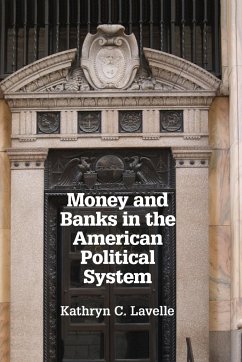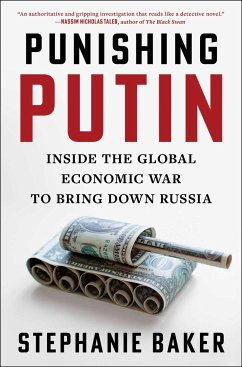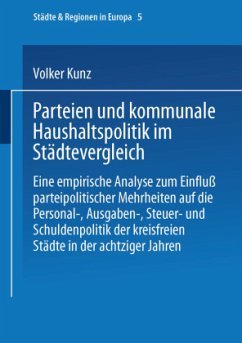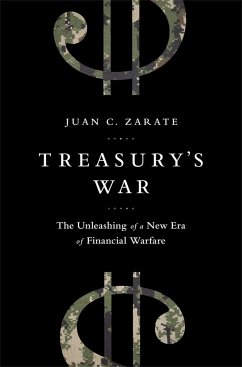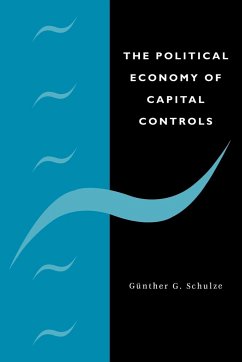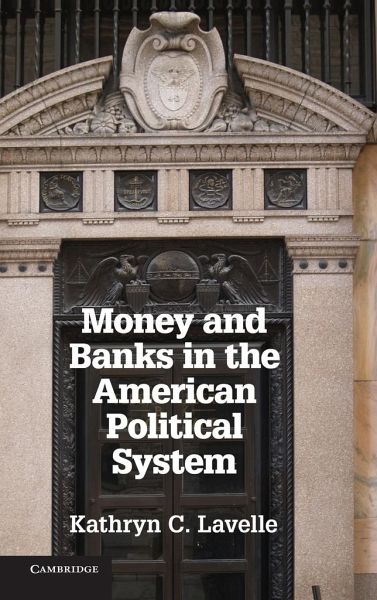
Money and Banks in the American Political System
Versandkostenfrei!
Versandfertig in 1-2 Wochen
88,99 €
inkl. MwSt.
Weitere Ausgaben:

PAYBACK Punkte
44 °P sammeln!
In Money and Banks in the American Political System, debates over financial politics are woven into the political fabric of the state and contemporary conceptions of the American dream. The author argues that the political sources of instability in finance derive from the nexus between market innovation and regulatory arbitrage. This book explores monetary, fiscal and regulatory policies within a political culture characterized by the separation of business and state, and mistrust of the concentration of power in any one political or economic institution. The bureaucratic arrangements among th...
In Money and Banks in the American Political System, debates over financial politics are woven into the political fabric of the state and contemporary conceptions of the American dream. The author argues that the political sources of instability in finance derive from the nexus between market innovation and regulatory arbitrage. This book explores monetary, fiscal and regulatory policies within a political culture characterized by the separation of business and state, and mistrust of the concentration of power in any one political or economic institution. The bureaucratic arrangements among the branches of government, the Federal Reserve, executive agencies, and government sponsored enterprises incentivize agencies to compete for budgets, resources, governing authority and personnel.





